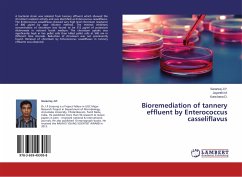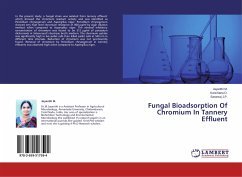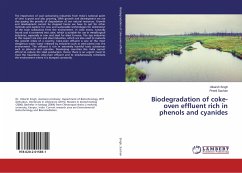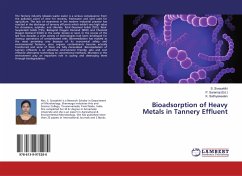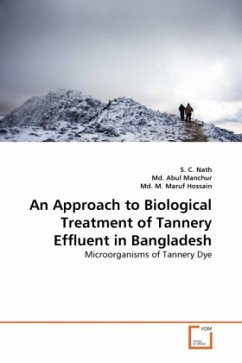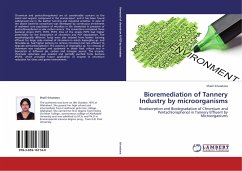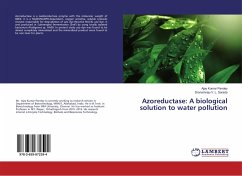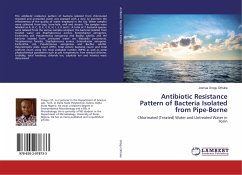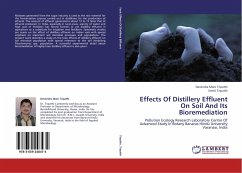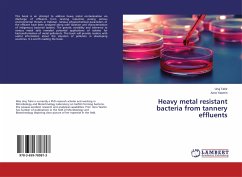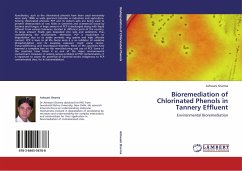
Bioremediation of Chlorinated Phenols in Tannery Effluent
Environmental Bioremediation
Versandkostenfrei!
Versandfertig in 6-10 Tagen
52,99 €
inkl. MwSt.

PAYBACK Punkte
26 °P sammeln!
Xenobiotics, such as the chlorinated phenols have been used extensively since early 1900s as wide spectrum biocides in industries and agriculture. Among chlorinated phenols, PCP and its sodium salts are being used to prevent deterioration of raw hides in tanneries and commercial wood by bacteria and fungus. A large amount of PCP is discharged along with liquid effluent from various tanneries, located in different parts of the country. Its large amount finally gets deposited into soils and sediments, thus contaminating the environment. Moreover, PCP is recalcitrant to degradation due to its sta...
Xenobiotics, such as the chlorinated phenols have been used extensively since early 1900s as wide spectrum biocides in industries and agriculture. Among chlorinated phenols, PCP and its sodium salts are being used to prevent deterioration of raw hides in tanneries and commercial wood by bacteria and fungus. A large amount of PCP is discharged along with liquid effluent from various tanneries, located in different parts of the country. Its large amount finally gets deposited into soils and sediments, thus contaminating the environment. Moreover, PCP is recalcitrant to degradation due to its stable aromatic ring system and high chloride content. PCP is toxic to all life forms since it is an inhibitor of oxidative phosphorylation and its excessive exposure could cause cancer, immunodeficiency and neurological disorders. Most of the countries have imposed a complete ban on the manufacturing and use of PCP. Some of the countries have listed it as one of the major environmental contaminant. However, in solving serious problem of PCP contamination, it is important to assess the potential of bacterial strains indigenous to PCP contaminated sites, for its bioremediation.



